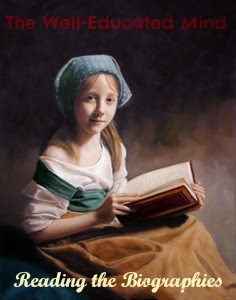"In this my relation of the merciful working of God upon my soul, it will not be amiss, if, in the first place, I do, in a few words, give you a hint of my pedigree, and manner or bringing up; that thereby the goodness and bounty of God towards me, may be the more advanced and magnified before the sons of men."
John Bunyan was born in Elstow, a village near Bedford in Bedfordshire, and was baptized on November 28, 1628, the first son of Thomas Bunyan and his second wife. In 1644, he joined the Parliamentary army as a soldier and was active until 1647. The year 1655 saw him joining the congregational church at Bedford and the following year he was actively disputing with the Quakers, out of which was born his first book, Some Gospel Truths Opened. With the death of Oliver Cromwell in 1658 and the restoration of the monarchy, the persecution of Non-Conformists began. Bunyan was given every opportunity to conform by the surprisingly tolerant Royalists, but he was staunchly resistant to a compromise of principles that could weaken the faith of his followers. Prevented from preaching by various imprisonments, Bunyan turned to writing. Grace Abounding is a record of his spiritual experiences from his first meaningful encounter with God to his life of preaching.
Bunyan admits to having a lack of religion in his upbringing and it was only later, with some the influence from his wife, that he came to entertain thoughts of spirituality:
After hearing a sermon preached from the Song of Songs, Bunyan was struck by the love of God and came to the following conclusions:
That the church and so every saved soul, is:
- Christ's love, when loveless
- Christ's love without a cause
- Christ's love when hated to the world
- Christ's love when under temptation, and under desertion
- Christ's love from first to last
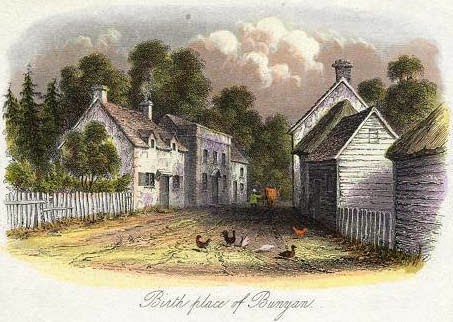 |
| Birthplace of John Bunyan source Wikipedia |
Though Bunyan had moments of euphoric revelation and joyful epiphanies, his conversion was still fraught with doubts and fears. Had he abused God too much for forgiveness? Was forgiveness given to others but not to him? Like Esau, had he sold his birthright and would never be able to regain it? His agonies leapt off the page with a startling clarity:
Bunyan eventually is able to reason his way through his doubts and come to peace with his faith. He realizes that while he prayed fervently when he was in the midst of troubles, he neglected to pray for himself to avoid the pitfalls and temptations. The sense of being a sinner did not ever leave him completely, but as he grew, so did his understanding of the depth and breadth of the grace of God, and he was finally at peace.
 |
| Stained glass of Bunyan in prison source Wikimedia Commons |
At the end of the book, Bunyan explains the cause of his imprisonment, which appears to be directly related to his refusal to use the Book of Common Prayer. When questioned by the justices, Bunyan stated that he would be pleased to use the Book, if the justices could so kindly point to him in Scripture where the particular book was referenced. The justices, however, viewed the Book of Common Prayer as second only to the Bible. Bunyan was stubborn, the justices unyielding, and so began Bunyan's time in the gaol. When released from prison in 1672, on a declaration of indulgence issued by the king under a new wave of religious tolerance, Bunyan returned to preaching, this time legally, and continue as the pastor of the Bedford Meeting, a position he had been given while languishing in prison a year before. In 1688, while visiting London, he contracted a fever and passed away on August 31st.
The title Grace Abounding to the Chief of Sinners comes from two Biblical scripture references:
"Moreover the law entered that the offence might abound. But where sin abounded, grace abounded much more, so that as sin reigned in death, even so grace might reign through righteousness to eternal life through Jesus Christ our Lord" Romans 5: 20-21
"This is a faithful saying and worthy of all acceptance, that Christ Jesus came into the world to save sinners, of whom I am chief." 1 Timothy 1: 15
My absolute favourite part of this book was when Bunyan realized the impact of conversion. His fellow men and women were suddenly lovely to his eyes and he viewed them "like a people that carried the broad seal of heaven about them." What a transformative experience! Instead of being irked, or disdainful, or petty, or indifferent toward our fellow man, if we could see them as beloved children of God, how differently we might treat them!
 |
| John Bunyan at the Gates of Heaven William Blake source Wikimedia Commons |
I must say that while I liked this read, so far I'm finding the biography list rather quirky. Taken separately, the books have been enjoyable, but when taken together, they don't strike me as a concise, chronological order of biographies that perhaps expand ideas or give insight into changes in societies or thought.
And lastly, here are a few photos of Bedfordshire, where the narrative takes place.
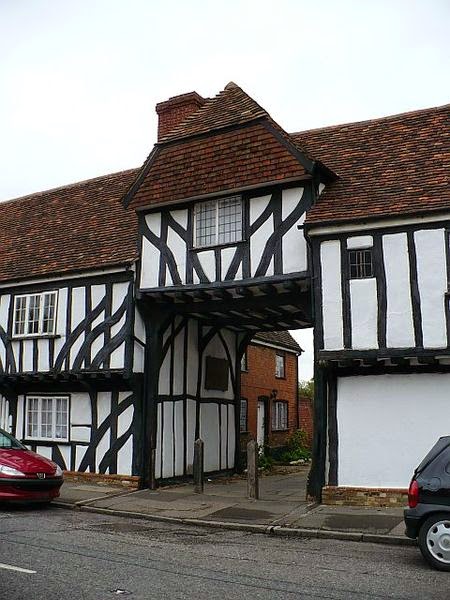 |
| Elstow |
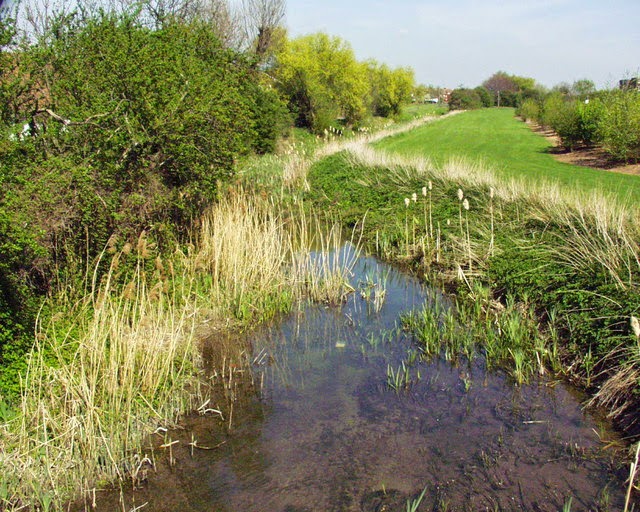 |
| Elstow Stream |
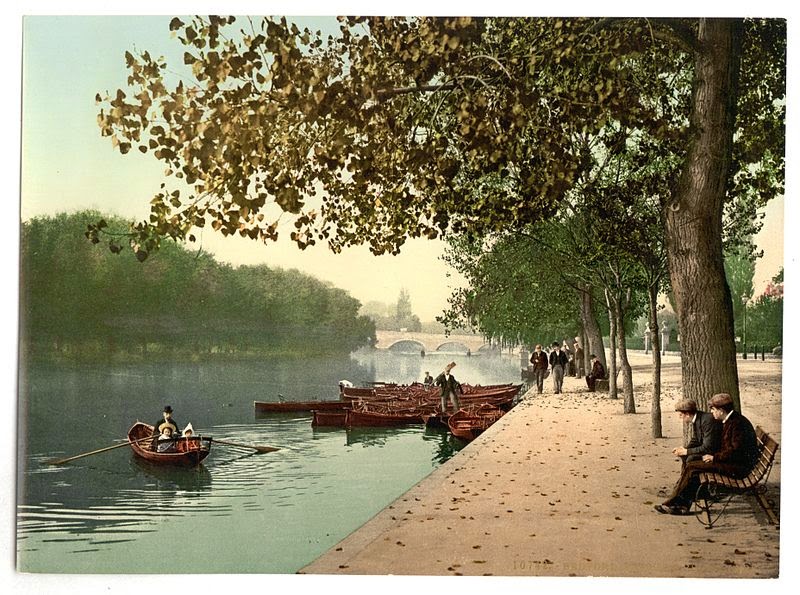 |
| Bridge and Promenade |
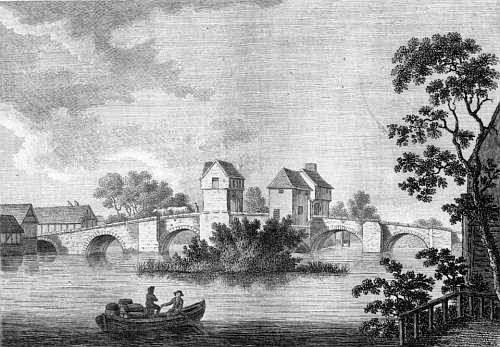_by_Francis_Grose.jpg) |
| Bedford Bridge |

 Log in with Facebook
Log in with Facebook 


